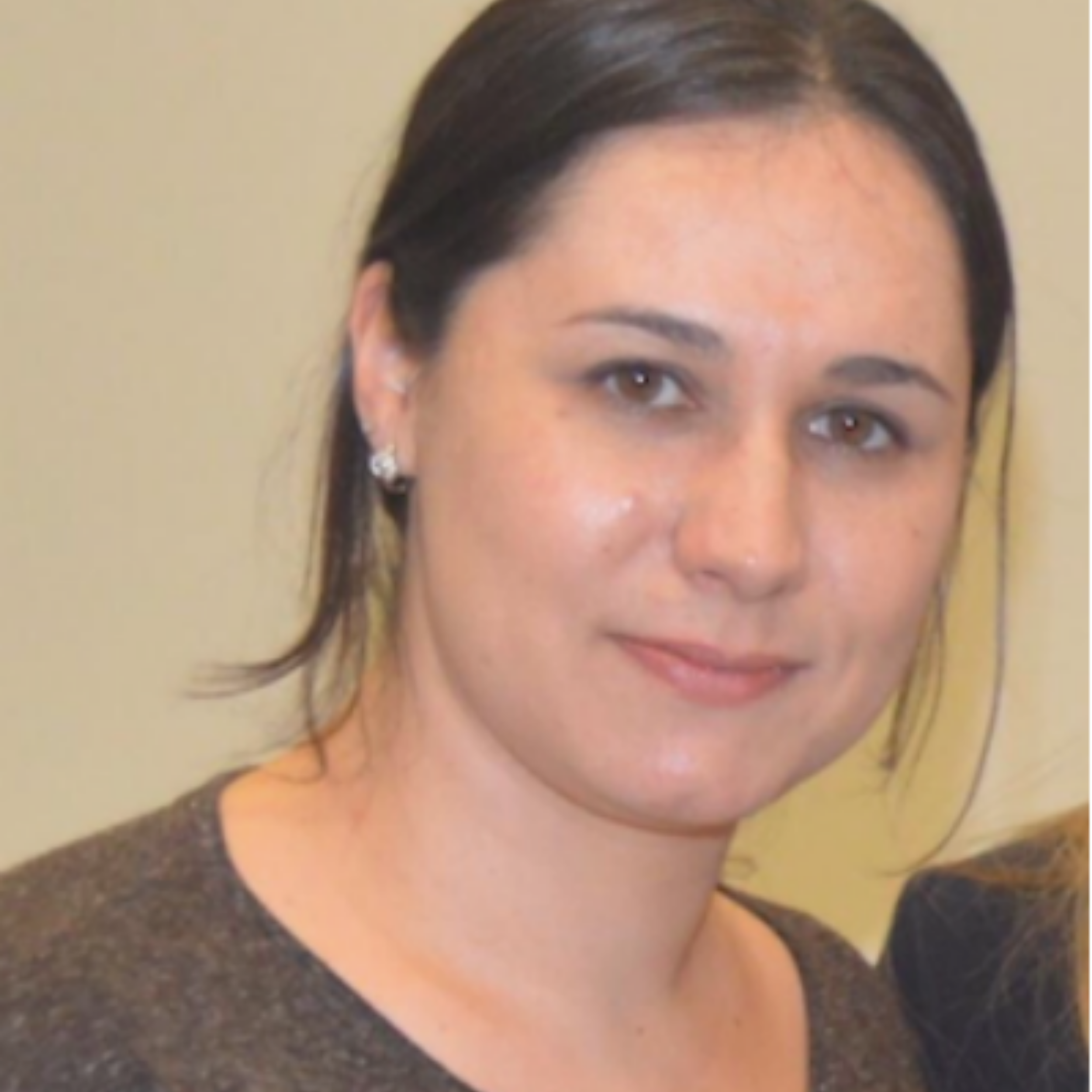Ana Claudia Oliveira Carreira Nishiyama
Graduated in Biological Sciences (Bachelor’s degree and Full Degree) and PhD in Biological Sciences (Biochemistry, IQ-USP). Works in the areas of Biotechnology, Biochemistry and Cell Therapy, Anatomy, with emphasis on Molecular Biology and Cell Biology, involving cell secretome signaling analysis, gene cloning, genomic editing (CRISPR-Cas9), regulation by microRNAs/long non-coding RNAs, 3D cultivation, protein production in recombinant systems (bacteria, yeast, cells of insect and of mammals, also aiming at the functionality of biomaterials and decellularized extracellular matrices from different sources, with the production of several scientific articles, scientific disclosure and patents. She works in three major areas of human and veterinary research involving Regenerative Medicine, Cell Therapy and Cancer: “Biopharmaceutical production in mammalian and insect cells for Tissue Regeneration, Human and Animal Health” and “Stem Cells: Applications in Bioengineering and Cell Therapy” and “Control of Cell Proliferation and Origin of Neoplasms” using breast cancer as a study model. She is currently a Researcher at the NUCEL Group of Cellular and Molecular Therapy, coordinated by Profa. Mari Cleide Sogayar and the Anatomy Department (Department of Surgery) of the University of Veterinary Medicine and Animal Science of USP; She is a professor of the Graduate Program in Anatomy of Domestic and Wild Animals (PPGAADS) in the University of Veterinary Medicine and Animal Science of USP. She also operates in the area of Science Education organizing courses and teaching materials for the Biotechnology Teaching and Sciences for students of different levels (Elementary School, High School, Undergraduate Degree, Graduate Degree).
Molecular mechanisms of the secretome of stromal cells involved in tissue repair, in combination with growth peptide factors, aiming at cell-free therapy in Regenerative Medicine and TNBC breast cells interfered with the CD90/Thy1 target.
Tissue repair is a complex and coordinated process involving different phases and essential molecules for the process to be orchestrated in the shortest possible time. Among the cells with essential role and regenerative potential in the repair and maintenance of different tissues are mesenchymal stem/stromal cells (MSCs), considered as promising sources for various types of Cell Therapies in the areas of Regenerative Medicine and Bioengineering. The use of MSC secretome (microvesicles, exosomes), in combination with peptide factors of cell growth and differentiation, may promote cell signaling at the site of tissue injury, allowing the repair of this tissue.
This project aims to address the content of micro vesicle’s role secreted by MSCs and its signaling pathways in the repair process of soft and hard tissues, seeking a more efficient tissue repair. To do this, it proposes to use MSCs from different animal sources, in different forms of cultivation (2D and 3D), subjecting them to treatments with different combinations of combining growth and differentiation peptide factors produced in our laboratory, for acceleration and optimization of soft tissue’s tissue repair (skin) and hard tissues (bone in the process of osteoporosis).
In addition, the researcher works in the area of Molecular Oncology, seeking to understand the role of molecular target CD90/Thy1 in triple negative breast cancer (TNBC), using as a model non-malignant and malignant human breast cells, transformed by CD90 (expression and gene knockout), and its secretoma, in order to correlate its content and altered signaling pathways, for the search of molecular targets to be used on the future in target therapy.

